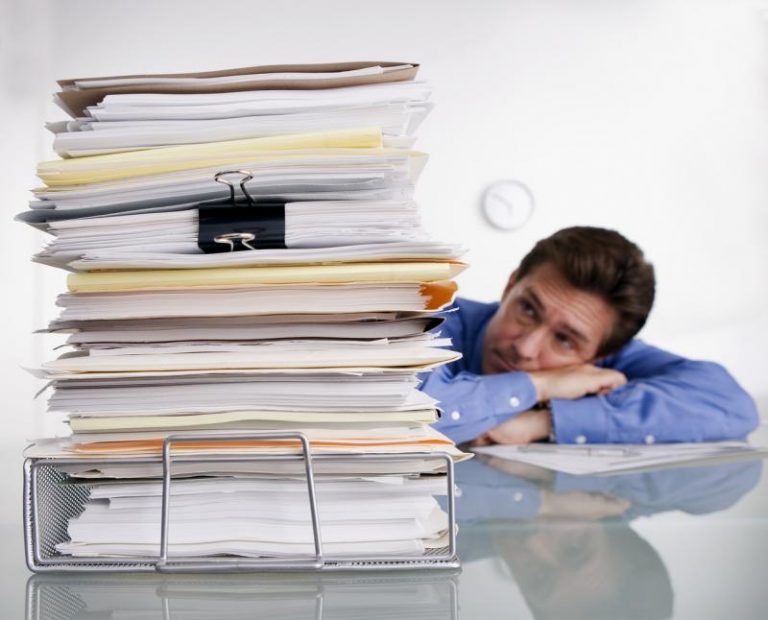

 There is no simple answer to this question because different types of record are covered by different types of legislation, as shown by the following summary:
There is no simple answer to this question because different types of record are covered by different types of legislation, as shown by the following summary:
Value added tax
By law, VAT records have to be kept for six years unless HM Revenue & Customs allows a shorter period. Any request you make to keep records for a shorter period must be accompanied by a full explanation of why it is considered impractical to keep the records.
PAYE
HM Revenue & Customs recommends that pay records be kept for at least three years after the income tax year to which they relate.
Taxes generally
For periods before the start of self-assessment HM Revenue & Customs can issue an assessment at any time up to six years after the end of the chargeable period to which the assessment relates. There is no limit in cases of fraud or wilful default. All business records must be retained for a period of (broadly) six years.
Company records
Under corporation tax return, accounting records must be preserved for six years from the end of the accounting period.
With regard to the statutory books, there are no specific requirements, but the Companies Act states that an entry relating to a former member of the company may be removed from the Register of Members 10 years from the day he or she ceased to be a member.
Also, the Register of Directors and Secretary must include details of past directorships held within the preceding five years.
Government grants
Documents relating to Government grants must generally be kept for four years from receipt of the grant. Where grant aid is still being received, no documents should be destroyed without consulting the relevant Government department.
Employers’ Liability policy certificates
The former requirement to keep Employers’ Liability policy certificates for 40 years has been replaced by guidance. Businesses are reminded that their potential liability for illness and injury at work does not end when the policy expires. Records should be retained to ensure that any future claim can be met.
Limitation Act 1980 – general periods
The 1980 Act allows an action to be brought on a contract for up to six years from the event (e.g. breach) that gave rise to the claim.
Where a contract is under seal (or deed), the time limit is twelve years.
These periods govern how long invoices and other documents should be retained as evidence in case of a claim by, or against, another party.
Conclusion
Taking into account the various requirements outlined above, we recommend that you keep all records for at least six years after the end of the accounting period or tax year.
This article is based on current legislation and practice and is for guidance only. Specific professional advice should be taken before acting on matters mentioned here.
Disclaimer
Umesh Modi BA ACA, is a Chartered Accountant and Tax Advisor, and a partner at Silver Levene (Incorporating Modiplus+). He can be contacted on 020 7383 3200 or umesh.modi@silverlevene.co.uk

